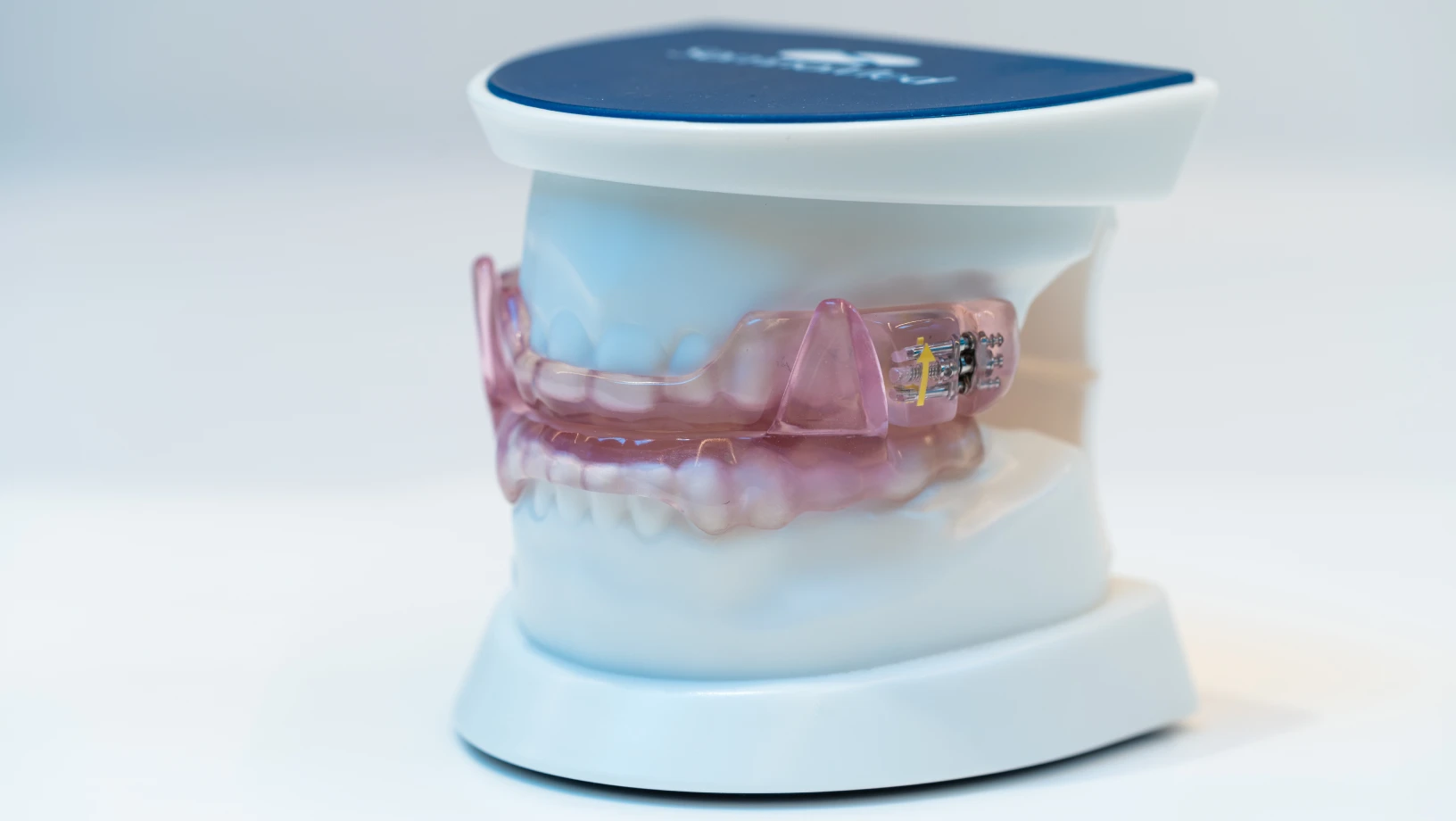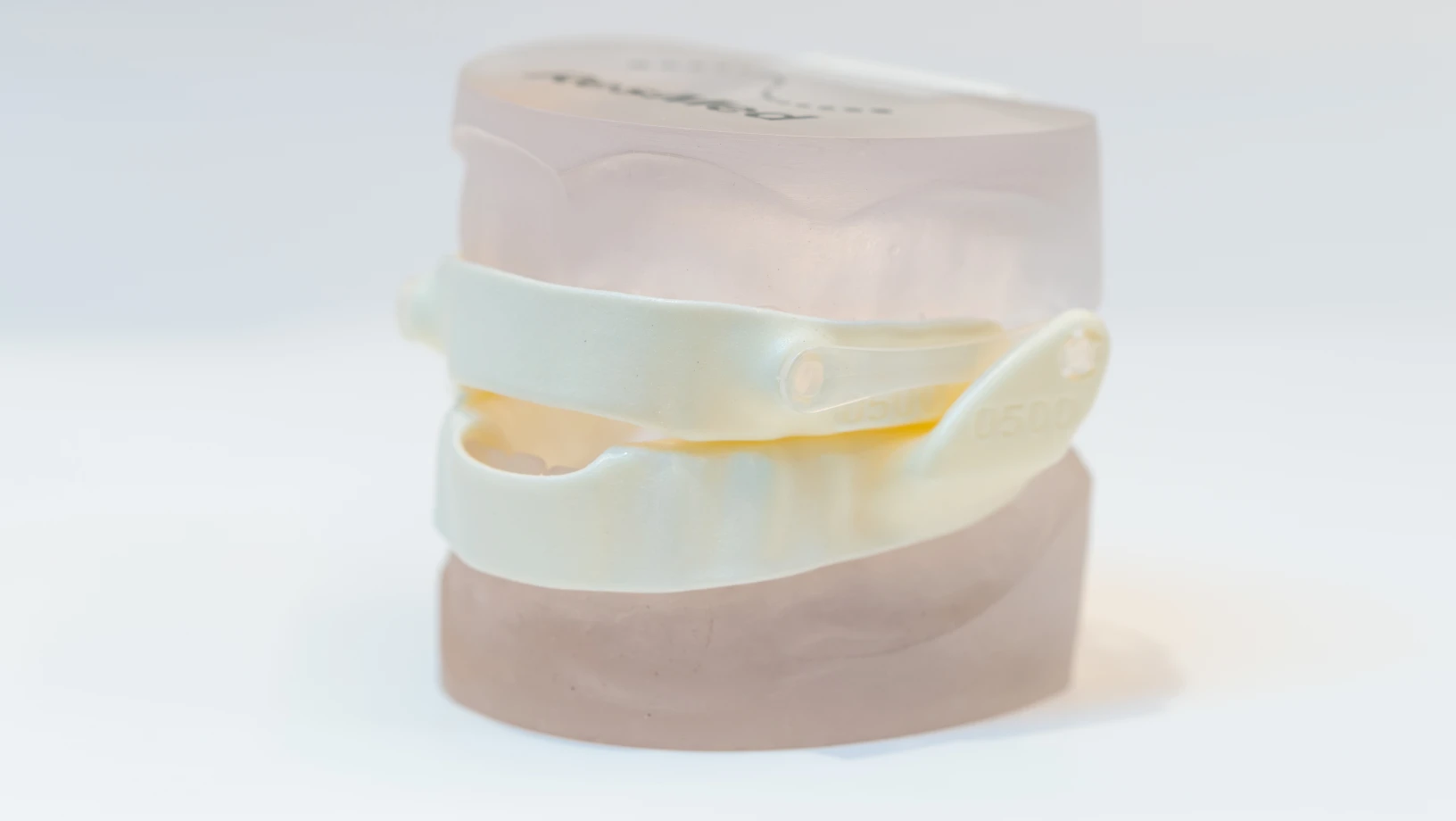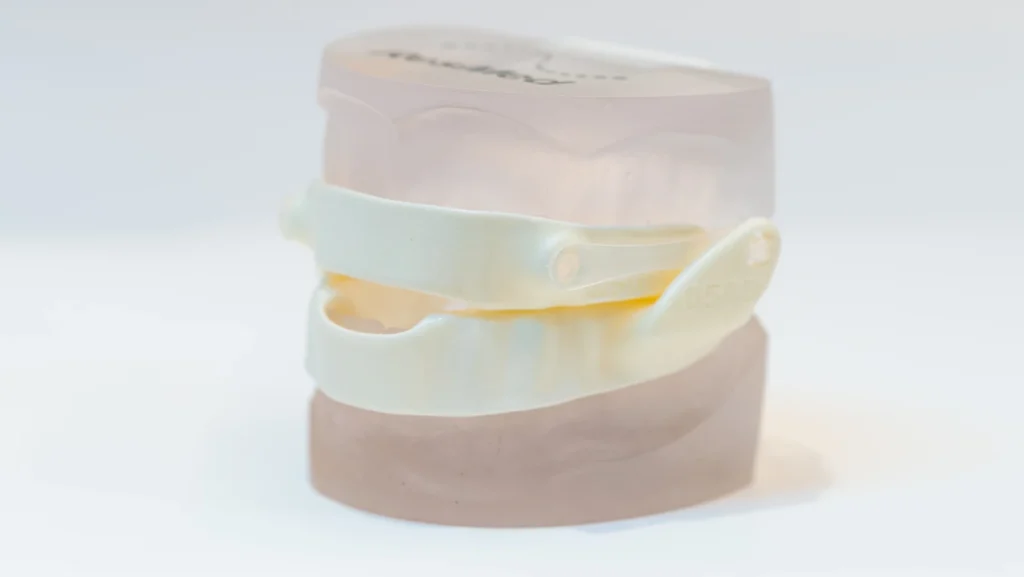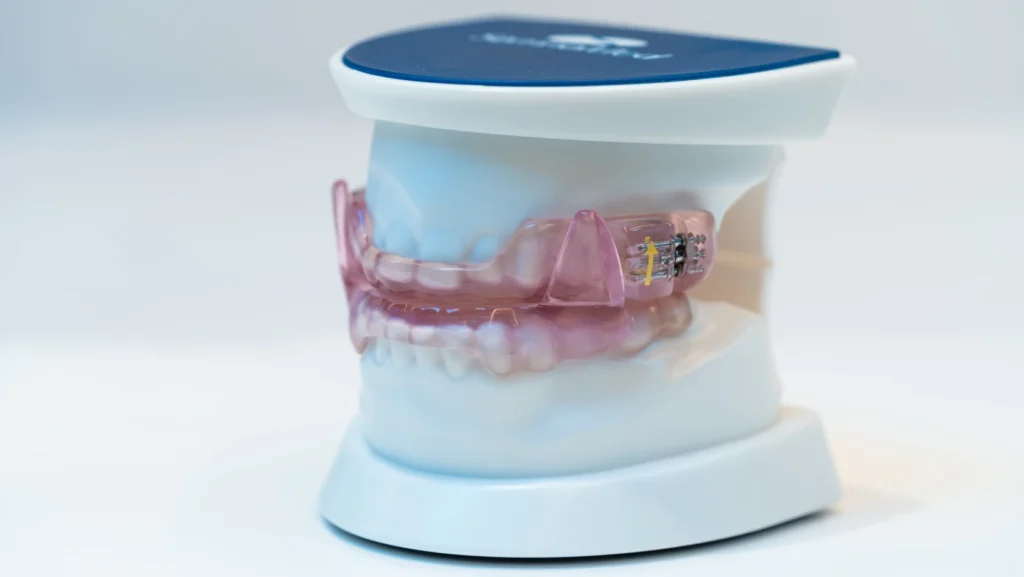What is sleep apnea?
These apneas are due to repeated stopping of breathing during sleep without being aware of it.
They can have serious consequences on health. At each apnea event, the heart and brain experience stress.
The quality of sleep is impaired and fatigue is often very present. Often, snoring can alert you to the presence of potential apnea.

What are the consequences of poor sleep quality and apnea?
As the quantity and quality of sleep are essential for the individual, apnea can lead to a deterioration in quality of life, and represent a major handicap for professional and social activities.
Effects of poor sleep quality :
- Daytime fatigue
- Drowsiness, possibly falling asleep
- Lack of concentration
- Loss of motivation and energy
- Difficulty adapting to and managing day-to-day situations.
- Mood swings, irritability
- Stress
- Memory loss
- Lack of desire for social activities
As a result, the risks of depression, sexual disorders and even road accidents are increased.
How is apnea treated?
Weight control remains essential, and pre-bedtime habits need to be reviewed and monitored throughout treatment.
Available therapies:
- The positive pressure machine: a face or nasal mask worn at night provides sufficient oxygen.
- The mandibular advancement device: it is a double splint to be worn at night. This prevents the soft tissues at the back of the throat from obstructing the passage of air by keeping the lower jaw forward
- In special cases: upper airway surgery, which uses a variety of techniques to remove loose tissue obstructing the back of the throat.


How is a mandibular advancement orthosis covered?
- 1st clinical evaluation in the office or following a visit to a sleep physician (pulmonologist, ENT specialist, cardiologist, general practitioner)
- Sleep study at home or in hospital
- Reimbursed by health insurance companies according to the number of apneas
- Setting up the treatment protocol
Also learn about : Treatment for snoring
What is snoring?
Snoring corresponds to the vibration of the tissues at the back of the throat as air passes through.
This vibration causes a beating noise characterized by snoring.
Most snoring comes from the back of the throat, but it can also come from the nose. An ENT evaluation can identify the cause.


How to treat snoring in the dental office?
- Mandibular advancement orthosis: to keep the lower jaw in an advanced position and prevent the tissues at the back of the throat from closing together.
This brace is custom-made for optimum comfort. It is to be worn every night.
Regular follow-ups are required within the office.